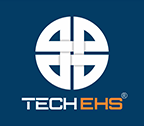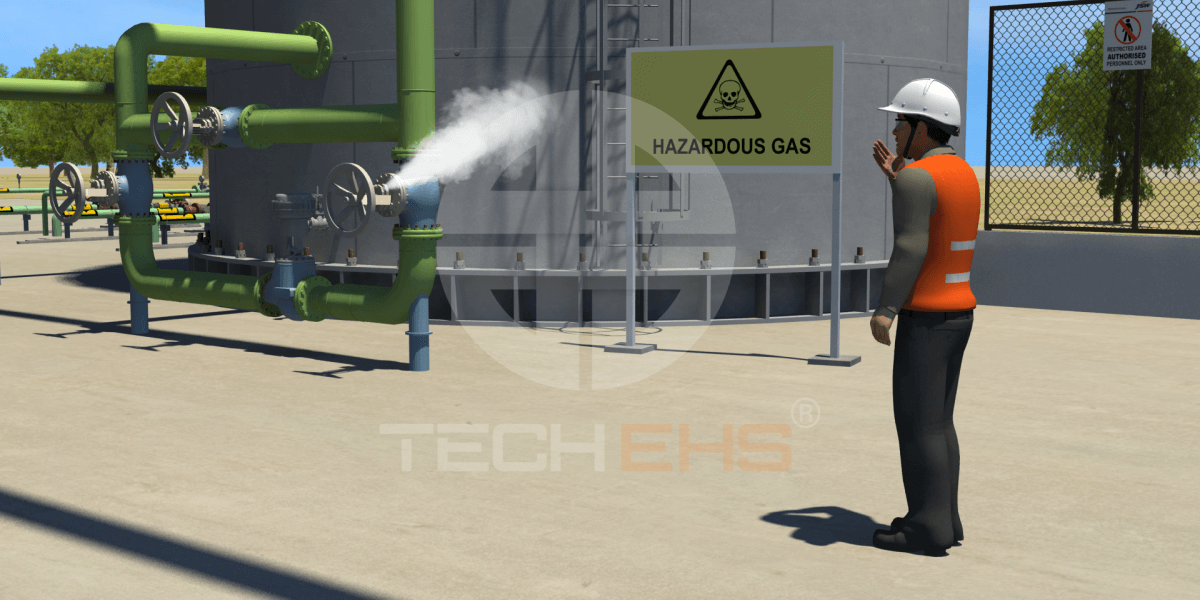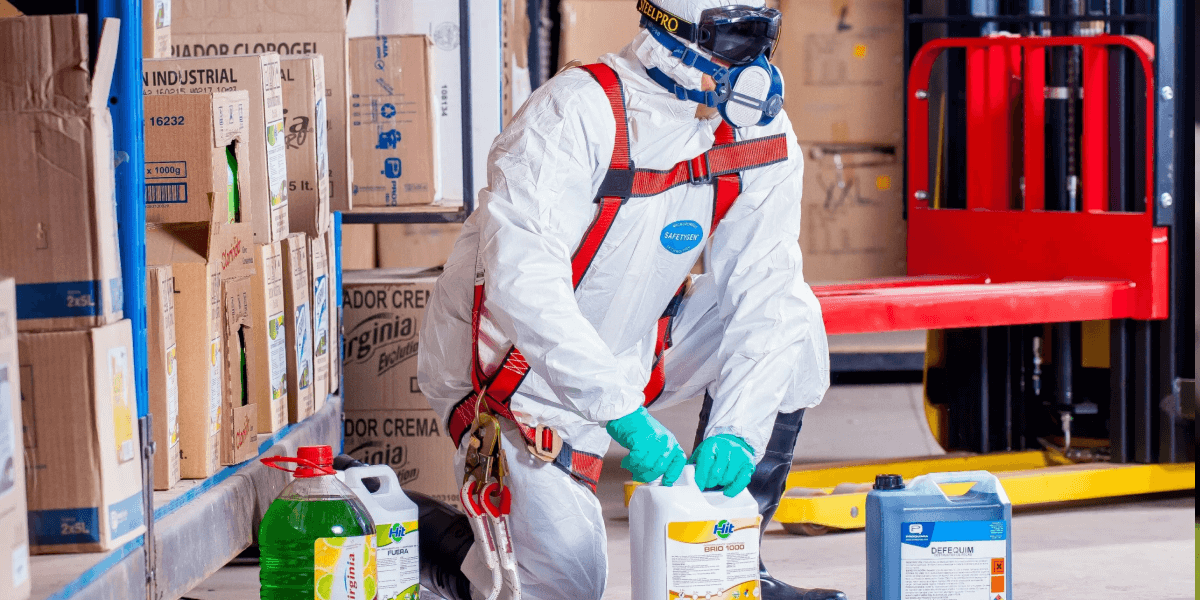
Table of Contents
Introduction
Digital technologies are becoming ubiquitous, practical, and cost-effective but are underutilized in safety in the pharmaceutical industry. These technologies—like wearable health observers, detectors, and indeed ingestible bias that can measure everything from how numerous paths you take to blood pressure and how medicine interacts with your body formerly ingested—have the eventuality to disrupt every aspect of health care, including high-stakes, high-cost medicine development.
Specifically, this bias can revise the antiquated process of developing new curatives. It can extensively ameliorate how we collect, measure, and assess health data to offer new treatments to cases without wasting precious time and limited money.
Safety in the pharmaceutical industry concentrates on protecting palpable & impalpable means in the association.
Though it’s humanly insolvable to avoid existing safety pitfalls, preparedness through training is the stylish way forward. Hence, desired security norms like ISO 270012005 and OSHA’s 18000 have emphasized the need for training all stakeholders for a safer association.
Define health care; you won’t be surprised to see it as a slow and laborious process.
Still, we’re seeing openings that will help open doors for digital technologies.
Chemists are constantly exposed to chemical and natural hazards that pose serious health risks. Likewise, a lack of acceptable safety norms and non-compliance may impact pool productivity and significantly impact business food in the long run.
What are the 5 Best Practices that Ensure Safety in Pharmaceutical Training?

Miscalculations in manufacturing result in lost coffers, slower time-to-request, and damage to the business’s character.
For these reasons, the EHS pharmaceutical industry provides courses that are a wise investment for any medical association, as they contribute directly to the staff’s professional growth and the company’s success.
The Benefits of HSE Training for Pharma
Pharma training courses are always in high demand, and for good reason. Investing in HSE training for pharma for your staff has a variety of benefits you cannot miss in a competitive and regulated industry like drugs.
Legal Compliance
Medical assistance is heavily regulated, and the penalties for failing data sequestration, safety, and manufacturing checks are too large to ignore. Staff witnessing GMP training, for example, are more likely to understand the complicated network of nonsupervisory conditions involved in pharmaceutical manufacturing.
What follows is an advanced standard of quality assurance in the products you produce and a better capability to review your processes to check for implicit problems beforehand.
Competitive Advantages
If you choose a Pukka training provider, you can anticipate high-quality assignments tutored by educated preceptors who’ll give your staff the knowledge they need to boost your company’s competitive edge in another Machiavellian request.
Staff Morale
When workers witness pharmaceutical training from licensed professionals, they’re more likely to take pride in their work and strive to perform better out in the field. They have a better grasp of how to take responsibility for their specialized tasks and strive to meet and exceed prospects, with the ultimate goal of guarding public health.
In other words, regular pharmaceutical training helps make a culture of continual enhancement, whether we’re talking about operation positions, machine conservation, or process alignment.
Measurable Progress
The positive impact of pharmaceutical training on an association is fluently measurable. The workers frequently take final examinations on the material they learned and can demonstrate their newfound knowledge of medical processes, technologies, and biopharmaceutical assiduity practices.
Formerly out in the field, other benefits of HSE training for pharma that can be seen include –
● More performance and more minor crimes during manufacturing
● More quality control of the final products
● Eventually, better client satisfaction and fewer complaints
Where Should You Concentrate Your Attention for Safety in the Pharmaceutical Industry?
Operations should always be engaged with the professional development of their workers. No matter what you work for, specific general chops are always helpful when starting and looking for applicable coursework. Those fields are
Educate your staff about legal motifs to ensure legal compliance. This will avoid a loss of trust with guests and businessmates and heavy forfeitures assessed by governments.
How Should You Approach Safety Training in the Pharmaceutical Industry?
Seeing It as a Mandatory Investment Rather Than an Avoidable Expenditure
Time and time again, businesses have pointed out that getting the work done right the first time through well-trained workers always saves plutocrats from fixing your failures because of a lack of proper experience.
Numerous operation brigades are also bothered that pharmaceutical training would decelerate the business’s productivity in the short term, but the benefits will pay for themselves quickly.
Use intriguing styles to educate
Just because your company has subject matter experts does not mean they have the experience to convey that knowledge to other staff. You need proficiency in choosing the suitable medium of communicating data to ensure quality training, which means incorporating the correct resources from the EHS pharmaceutical industry.
This can be safety, health and environment in the pharma industry-related animation videos for storytelling or eLearning courses for a wholesome package. This interacting materials also contribute in the benefits of SOP in pharmacy.
Taking Routines in the Unborn
With the rapid growth of the pharmaceutical industry, medical practices and knowledge are constantly evolving, and workers will need to be reminded of their safety in the pharma industry regularly. Prepare to invest in lesson courses for the same material and the same staff on occasion.
And do not just speed through it like it’s a checkbox you must fill out.
One needs to go reasonably to allow learners to absorb all the necessary experience for HSE training for pharma they need.
The station that operation takes towards training eventually reflects in its impact.
Choosing Appropriate Coursework
Still, you need to have the proper foundation and prerequisite knowledge to get the most out of a training course. Every class has its own conditions that should be consulted before conducting coursework. Otherwise, you’re just wasting your time and plutocrats. Bridge all your gaps and precisely choose the courses you need for stylish results.
The nature of the coursework matters just as much. For example, would an animation course be apt for your workflow? And is there an examination at the end to test progress?
Conclusion
Digital technologies for safety precautions in the pharmaceutical industry enable us to change how frequently we can collect and assess necessary measures and facilitate the delicacy of these measures and the quality of the performing conclusions.



